HOME>NEWS CENTER>Newsletters
IFF Member Journal
TIME:2022-08-24
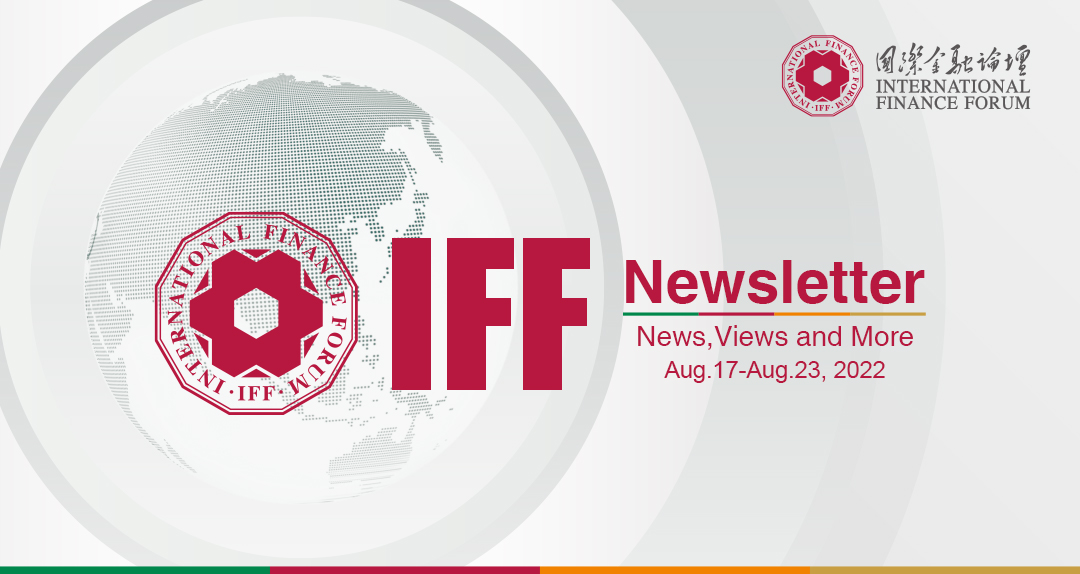
From the Editor
China has taken up a slew of measures to boost the economy as July consumption and factory data missed expectations. Following its rate cut on medium-term lending facility loan, China's central bank cut the one-year loan prime rate-the benchmark lending rate by five basis point. Moreover the State Council decided to extend tax exemption on new energy vehicles to prop up sales while vowing to lower costs for businesses and individuals. A prolonged heat wave and drought continue to desiccate southern China, hurting businesses and drying up the Yangtze.
It's not only China that has been suffering from heatwaves. Global cotton production is set to shrink this year as extreme weathers hit major producers. ADB is to issue loans to help Asian nations fighting food crisis. The bank is discussing possible collaboration with AIIB to combat food shortage. Elsewhere in Asia, Japan's inflation stays above its central bank's target, adding costs to consumers and businesses. In the Euro zone, inflation rate hit new record in July, driven largely by high energy price.
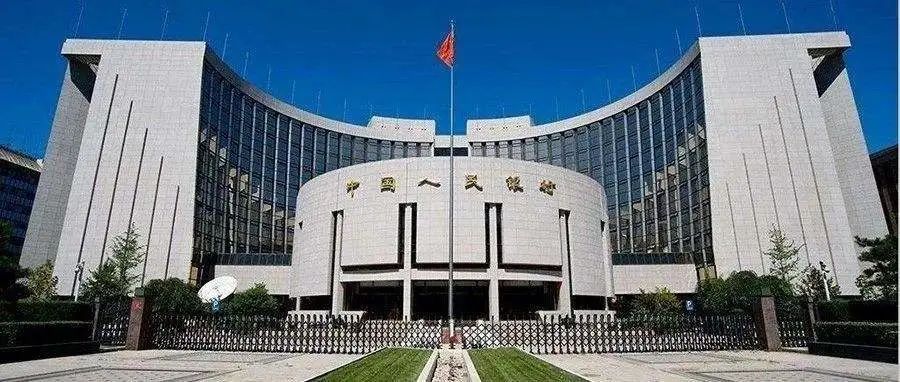
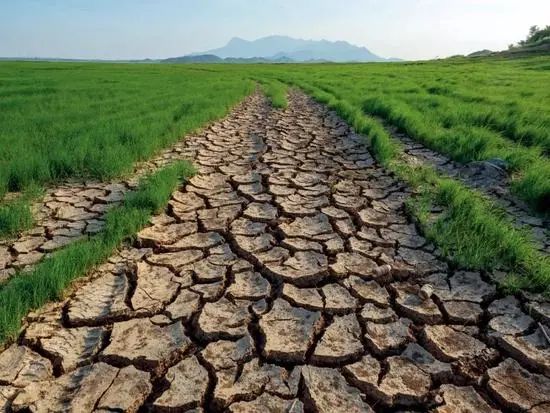
Southwestern China extended power rationing as record high temperatures and severe drought hurt businesses and crops.
Sichuan province will continue to limit industrial power consumption until Thursday to make way for home electricity demands as malls in neighbouring Chongqing were asked to shorten opening hours, according to Chinese media reports.
The drought, affecting more than 5.4 million acre land in southern China, has caused the Yangtze to shrink, according to the Ministry of Water Resources.

China will extend tax exemption for new energy vehicles to the end of 2023, a State Council meeting decided on Thursday.
The exemption is worth of 100 billion yuan according to the Xinhua News Agency.
The meeting, led by Chinese Premier Li Keqiang, vowed to lower financing costs for businesses and borrowing costs for individuals to boost the economy.

Chinese investors snapped up the country’s first publicly traded rental property real estate investment trusts (REITs) according to Chinese media.
The three rental property REITs, based on affordable rental properties in Beijing, Shenzhen and Xiamen, began trading on August 16 and had to end subscription earlier as they were more than 100 times oversubscribed.

An opinion piece from Nikkei argues that the US current account deficit could drive investors away from the US dollar. But the dollar remains strong thanks to the Federal Reserves rate hike. The author thinks that countries that run current account surplus like China and Russia may stay away from buying more Treasury bonds, which could weaken the dollar.
The article, citing Nomura Research Institute, said Forex trading denominated in yuan could jump from 3% of the total trading volume in 2019 to 18%, whereas the trading volume of the US dollar could fall from 40% to 30%.
The author writes that it’s the beginning of the end of the US dollar dominance, which could hinder globalisation.
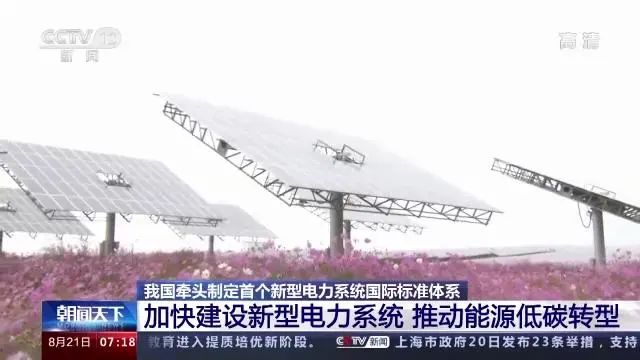
China will play a leading role in drafting the world’s first standard of the new energy power system, according state broadcaster CGTN.
The new power system includes wind, solar, nuclear and biomass. The decision was made at the 2022 Forum on International Standardisation hosted in Nanjing.
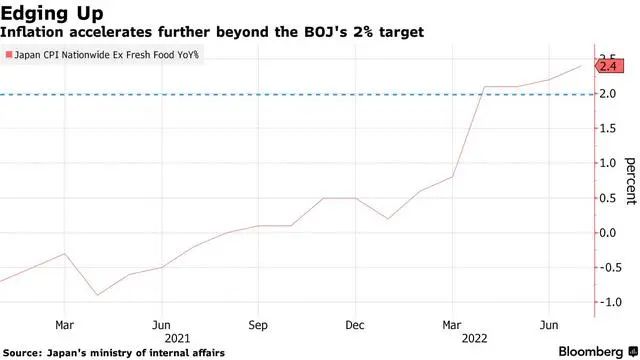
Japan's core consumer price index - a key inflation gauge - rose 2.4% in July from a year earlier, staying above Japan's central bank target of 2%, according to media reports.
July CPI accelerated at its fastest pace in seven and a half years.
It’s the fourth straight month that inflation rate has stayed above the Bank Of Japan’s target.
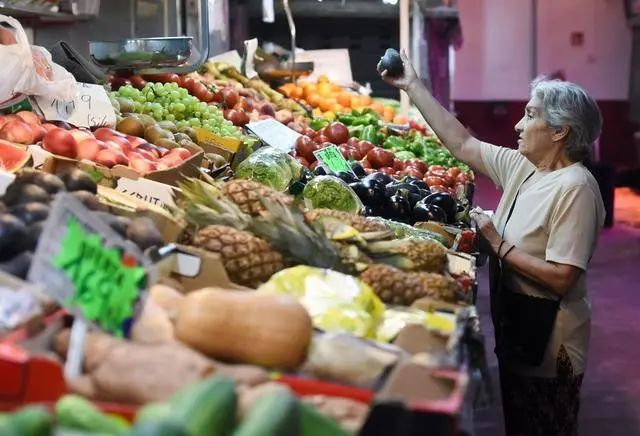
Euro zone inflation in July reached a new record of 8.9%, up from 2.2% a year earlier as energy continues to drive prices up, according to a statement from Eurostat, the statistical office of the European Union.
Energy contributed 4.02 percentage point to the July inflation rate whereas food, alcohol and tobacco accounted for 2.08 percentage point.
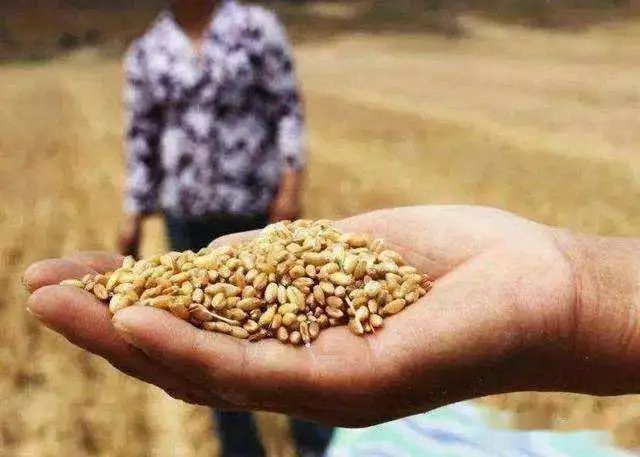
The Asian Development Bank will consider ending new loans to China, its president told Japan’s Nikkei newspaper.
He also said the bank will issue new loans to help developing countries fight food crisis, ADB president Masatsugu Asakawa said in an interview with the Nikkei.
ADB, a regional development bank, decided to issue loans on food due to the urgency of the global food problems, according to Asakawa. The bank is currently discussing with Asian Infrastructure Investment Bank on potential cooperation to combat food crisis in Asia.
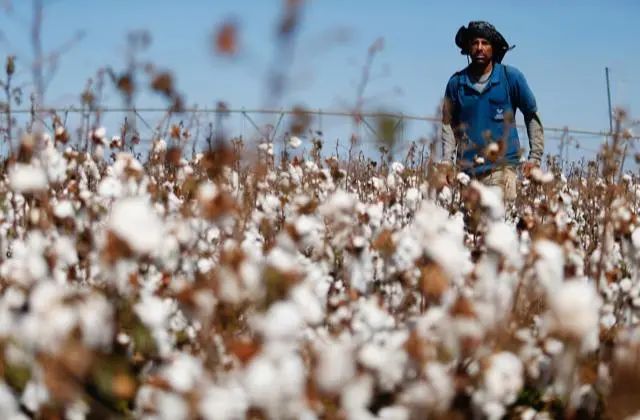
Heavy rainfall, heat waves and droughts are having an adverse impact on cotton growth around the world, Bloomberg reported.
India, the world’s top cotton producer, was forced to import supplies as heavy rains and pests have plagued cotton crops, while a heat wave in China may affect cotton harvest. Drought in the US could drag the world’s largest cotton exporter to its lowest harvest in more than a decade. And cotton yields dropped for nearly 30% thanks to extreme heat and drought in Brazil, the world’s second-largest cotton exporter.
